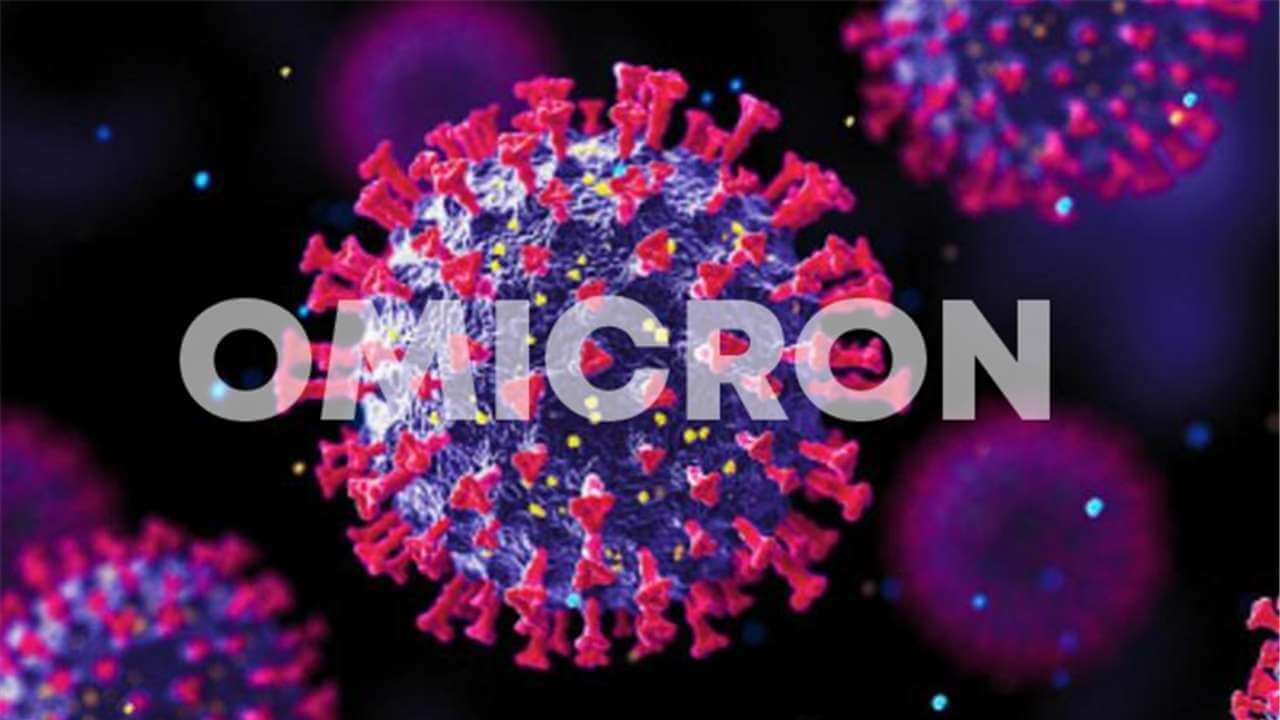The COVID-19 pandemic has been a factor present in everything we do since the start of 2020. Whether it is your long-standing travel plans or even something as simple as stepping out of your house for groceries, doing anything required you to think about the risks of COVID-19. Various measures were taken to alleviate the effect of the virus on the public. For example, the government strongly promoted citizens to buy health insurance like the Arogya Sanjeevani policy.
After a year of research and hard work, various organizations in the world came up with vaccine candidates. Out of all these candidates, some were approved to be administered to the public. This increased the level of protection you would have against the virus. However, while there is an increasing number of ways of protection against the virus, the risks associated with COVID-19 grew as well. The prefect example of this is the increasing number of variants that the virus has developed. The newest variant is currently known as the Omicron virus.
On November 26, 2021, the WHO, on the advice of the WHO’s Technical Advisory Group on Virus Evolution (TAG-VE), designated the B.1.1.1.529 variant as the Omicron variant. This decision is based on the evidence submitted to TAG-VE. Omicron has several mutations, for example, how easily it spreads or the severity of the disease. Is. Here is all you need to know about the virus:
What we currently know about Omicron
Researchers in South Africa, the supposed origin country of the variant, and around the world are conducting studies to better understand many aspects of Omicron and will continue to share them when these studies become available. Here is the information available currently:
- Transmissibility
It is not yet clear whether Omicron is more contagious than other types. This means that we have no idea how easily it can be transmitted from person to person. The number of people that tested positive in South Africa has increased. But epidemiological studies are still being conducted to determine if this is due to Omicronor some other factors.
- Severity
It is still unclear whether infection with Omicron can cause a more severe set of symptoms than other types of COVID-19 infections, including the Delta variant. Preliminary data suggest that hospital admissions rates are rising in South Africa. However, this may be due to an increase in the total number of people infected with existing variants of the COVID-19 virus instead of Omicron. There is currently no information to indicate that the symptoms associated with Omicron are different from those of other types. Infections that were initially reported were among university students. These were teenagers that showed mild signs of illness. It can take several additional weeks to understand the severity level of the Omicron variant. All types of COVID-19 can cause serious illness or death, especially to the most vulnerable. Hence, prevention is always important. Hence, it is best to be under adequate insurance coverage. Moreover, you should get a great health insurance app to ensure quick response in case you or your loved ones get infected.
What is the risk of reinfection with Omicron?
Preliminary evidence suggests that there is an increased risk of re-infection with Omicron. This means that if you have managed to recover from COVID-19 once, you may be at a higher risk of re-infection through Omicron. However, the information that supports this statement is limited. Hence, there is no need to be alarmed.
Effect of vaccines on Omicron
The WHO is working with technology partners to understand the potential impact of newer variants on our current strategy of managing the global pandemic. This includes vaccines as well. Vaccines are crucial in reducing the risk and severity of serious illness and death. Current vaccines are effective against serious illness and death.
Effect of Omicron on current testing practices
The currently practiced RT-PCR tests are successful in detecting infections, even in the case of the Omicron variant. Studies are underway to determine if the variant affects other types of tests.
Effect of current therapies on Omicron
Corticosteroids and IL6 receptor blockers are still effective in the management of patients with severe COVID-19. Other therapies are still being evaluated to see if they’re effectiveness has changed against the Omicron variant
Recommended measures for people against Omicron
The most effective measures individuals can take to reduce the spread of the COVID-19 virus is to maintain a physical distance of at least 1 meter from others; Wear a well-fitting mask; Open windows to improve ventilation; Avoid poorly ventilated or congested areas; Keep hands clean; Cough or sneeze into bent elbow or tissue; And vaccinate when their turn comes. Make use of various wellness apps to keep track of your health.
Additionally, you can prepare for the possibility that you might contract the virus despite your best precautionary efforts. You can do so by ensuring you have adequate health insurance coverage. Make sure your coverage can handle any and all medical expenses and that your policy includes COVID-19 coverage.

Krishna Murthy is the senior publisher at Trickyfinance. Krishna Murthy was one of the brilliant students during his college days. He completed his education in MBA (Master of Business Administration), and he is currently managing the all workload for sharing the best banking information over the internet. The main purpose of starting Tricky Finance is to provide all the precious information related to businesses and the banks to his readers.




